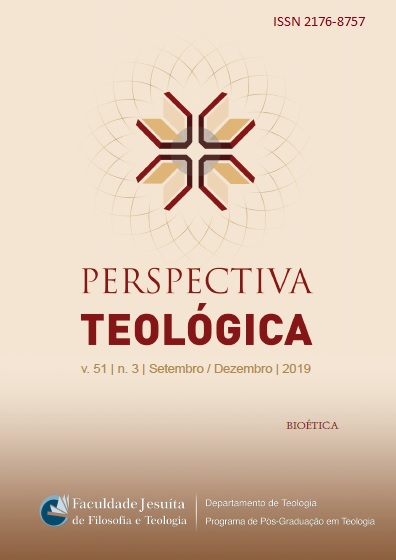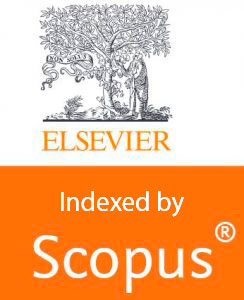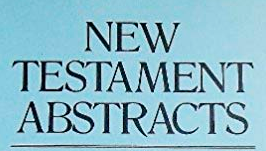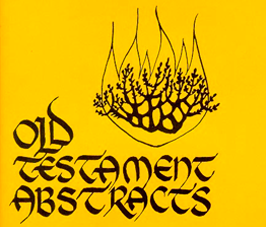RATZINGER AND HABERMAS: A DIALOGUE BETWEEN THO ANTIPODES
DOI:
https://doi.org/10.20911/21768757v51n3p519/2019Abstract
In 2004, two important contemporary thinkers met in Munich: Joseph Ratzinger and Jürgen Habermas. Each of them represents a distinctive intellectual position. They spearheaded a high-profile intellectual event, which had a great impact on society. Their dialogue revolved around whether or not the Liberal State must rely on pre-political and normative assumptions to ensure the protection of human rights and build solidarity among citizens. The discussion led the two Germans to question the relationship between reason and religion. The debate gave rise to many further studies on the issue. The present article aims to contribute to the research by showing that Habermas and Ratzinger deeply differ on their conceptions of reason. It is divided into three parts. Firstly, it presents the central elements of the Munich debate. Secondly, it highlights the opposition between Habermas and Ratzinger. Thirdly, it broadens the question of the relationship between reason and religion, emphasizing how each thinker understands reason. Consequently, this article will lead us to see reason as the fundamental element, from which it can be concluded that the two thinkers are at the antipodes.
Downloads
Downloads
Published
How to Cite
Issue
Section
License
After the approval of the submitted text, the authors should send a signed letter of assignment of copyright, the model is available on the periodical's website.







































